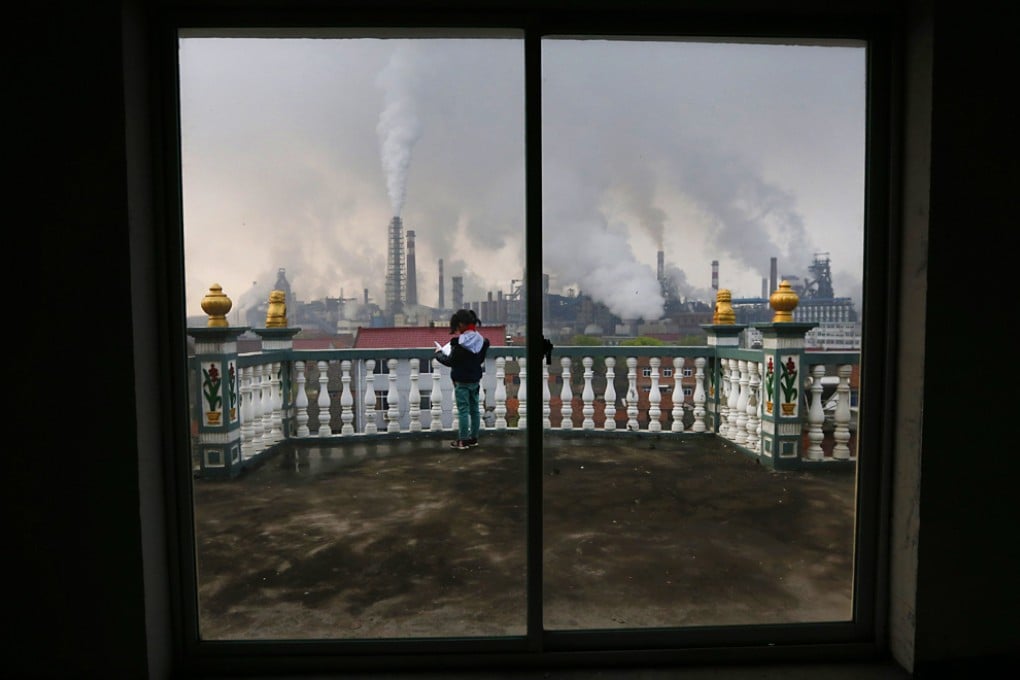Revised green law imposes stiffer penalties
Changes to environmental code, which come after two years of debate, make protection a priority, but enforcement concerns remain

The mainland yesterday passed amendments to an environmental protection law imposing tougher penalties on polluters in the most sweeping revisions to the code in 25 years.
The highly anticipated amendments follow a two-year debate among scholars, the government and state-owned enterprises over the changes. The revisions enshrine environmental protection as the overriding priority of the government, but limit which NGOs can play a role in monitoring polluters.
The amendments were passed by the Standing Committee of the National People's Congress, a largely rubberstamp body, and take effect on January 1. Xin Chunying, deputy director of the Legislative Affairs Commission of the NPC Standing Committee, told a news conference the law would deliver "a blow … to our country's harsh environmental realities".
The changes give legal backing to Beijing's war on pollution and formalise a pledge made last year to abandon a decades-old growth-at-all-costs economic model that has spoiled much of the water, air and soil.
Although enforcement is likely to be patchy, the law will give the Ministry of Environmental Protection the authority to take stronger punitive action, including shutting down and confiscating the assets of polluters.
It also ensures information on environmental monitoring and impact assessments are made public.
"On the whole, there are many bright spots," said Ma Jun, head of the Institute of Public & Environmental Affairs, an independent environmental group.